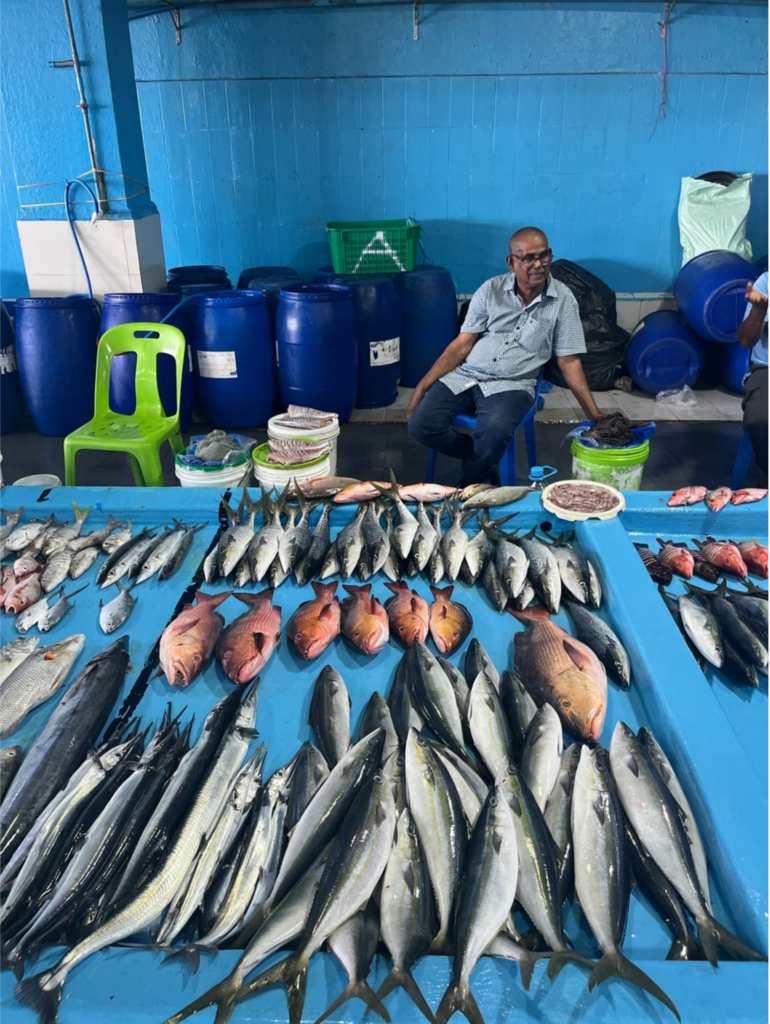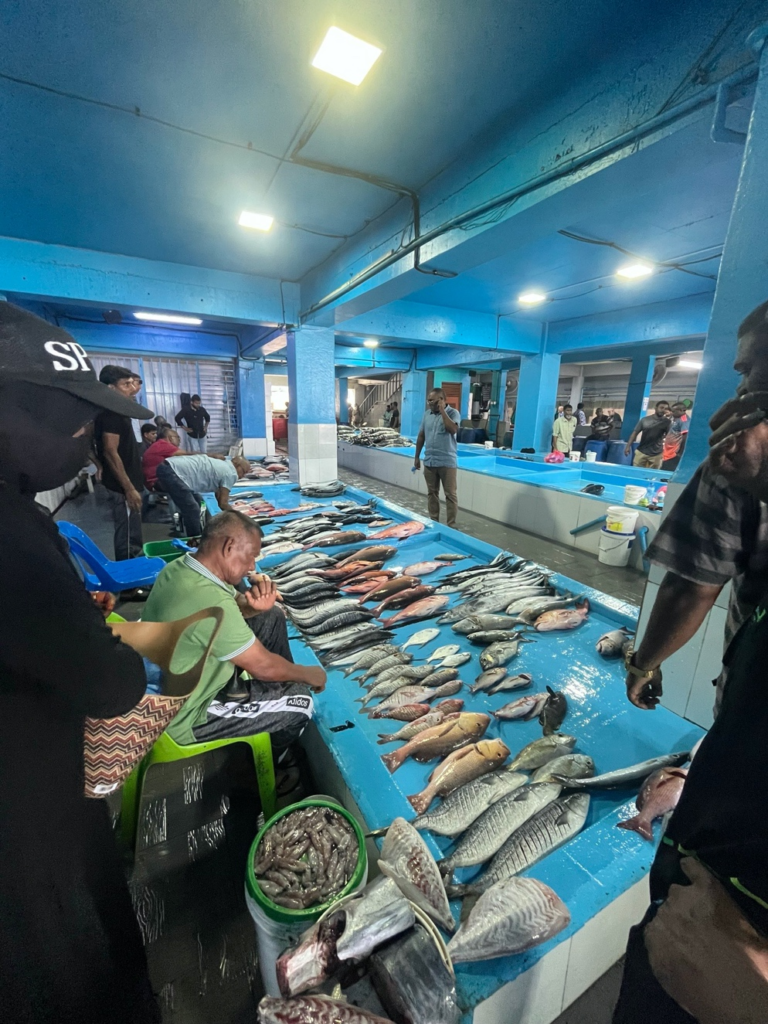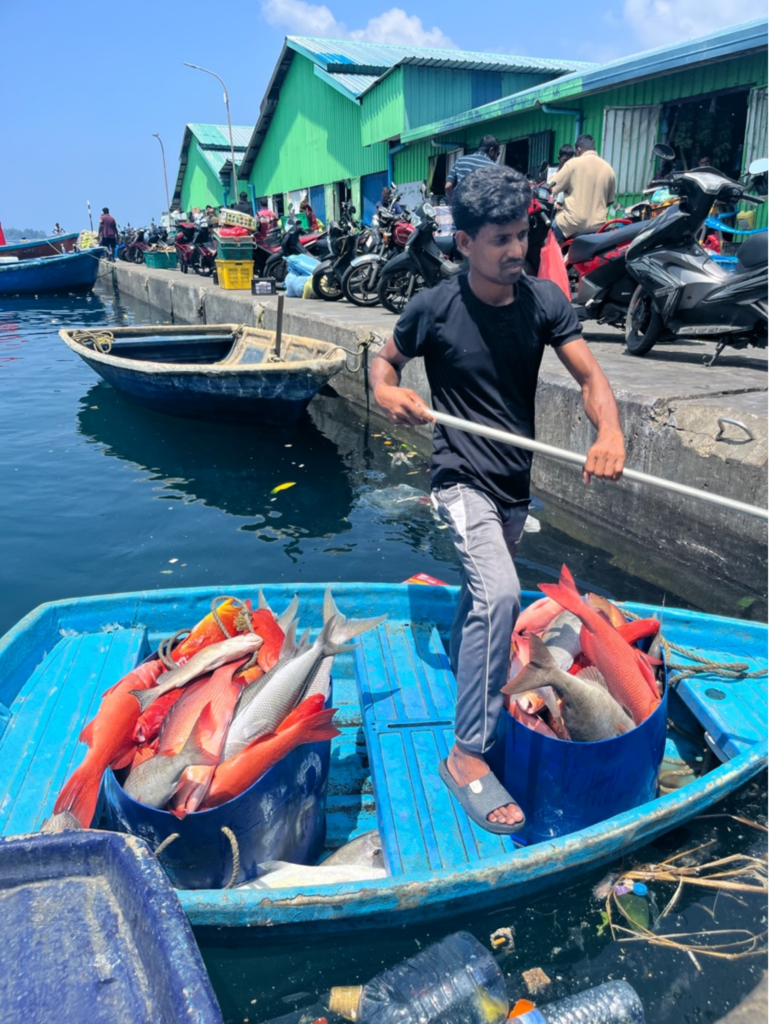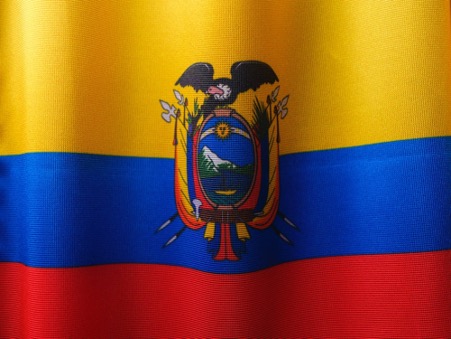Author: Carlotta Rinaudo - China & Asia Team
For years, people could only travel between the two islands by ferry. On one side of the shore stood Malé, the capital of the Maldives, a bustling urban hub and a sensory feast in itself, with its markets bursting with colors, exotic fragrances, and the lively chatter of fishermen displaying their daily catch. On the opposite shore lay Hulhumale, an artificial island hosting modern residential facilities and the Maldives’ international airport. Connecting these two islands was vital for daily life, yet the ferry system often proved inadequate to its task – especially during peak hours, when tourists and locals alike had to endure endless queues under the tropical sun.
Things were to change when Abdulla Yameen was elected President in 2013. The half-brother of Maumoon Abdul Gayoom, often referred to as the “dictator” of the Maldives, Yameen had ambitious plans for his island nation. Through a development initiative known as “Greater Male” he aimed to elevate Malé, Hulhumale, and other neighboring islands into a modern hub with upgraded infrastructure, housing, and public services. But this grand vision faced a major obstacle. In 2011 the Maldives had lost its Least Developed Country (LDC) status, which meant that the island could no longer attract funds through international aid. With this avenue closed, Yameen had no other choice but to seek an alternative source of investment. Enter China.
Those were the times President Xi Jinping had started to promote the Belt and Road Initiative (BRI), whose goals largely aligned with Yameen’s vision. It did not take long for Yameen to travel to Beijing, praise China as one of the Maldives’ “closest friends” and join the BRI. Nor did it take long for Chinese companies to establish their presence in the atolls: through Chinese loans, they built 11,000 high-rise buildings in Hulhumale, expanded the Velana International Airport, and extended the local electricity grid. Then came the Friendship Bridge. Built by China Harbor Engineering Company (CHEC), it crossed over 2km of turquoise waters to connect Malé and Hulhumale, facilitating the flow of people and resources at a rapid pace. Commuters no longer needed to endure endless queues during peak times.

The conversation around these megaprojects, like any debate surrounding the BRI, quickly became sharply polarized. While some glorified the megaprojects as examples of “win-win cooperation”, many others disagreed. Given Malé’s significant debt to China, they argued that this scenario represented yet another example of debt trap diplomacy, where Beijing strategically pushes recipient countries into debt to then seize control over their assets. Similar claims have emerged in neighboring Sri Lanka, where Chinese-funded projects led to repayment challenges, eventually culminating in the transfer of the Hambantota port to China. However, simplifying the BRI’s presence in the Maldives to a dichotomy of “win-win cooperation” versus “debt trap diplomacy” is problematic. One only has to explore the urban center of Malé to discover a more nuanced reality. Here, the discontent among the local population towards their ruling élite highlights another crucial yet neglected actor in the BRI: the political leadership of the recipient country. That is, Chinese investors do not operate in a vacuum, but within a context where local politicians are active players rather than passive recipients of debt. In the case of the Maldives, the ruling class functions more like a cabal of corrupt politicians feeding a patronage-based system, and taking every megaproject as an opportunity for personal gain. “It is not really about China pushing the country into debt. It is more about our political class using foreign investors to satisfy their own thirst for cash”, says a local resident who spoke under the condition of anonymity. Take the above-mentioned Friendship Bridge. Initially proposed as a six-lane bridge connecting Hulhumale and Malé at a cost of around $100 million, it was later downsized to four lanes under Yameen’s administration. Despite the reduction in size, the cost of the project was doubled to almost $200 million. “The government initially promised a bigger bridge but later built a smaller one. They then inflated the contract value, pocketed the excess funds, and eventually left our Chinese creditors unpaid” explains the local resident.

Parallels can be drawn with the Hambantota Port. Here, a consultancy group estimated that constructing a bunkering facility would cost around $33 million, yet the Ports Minister demanded a $100 million loan. In both cases, the contracts were significantly inflated, allowing surplus cash to clandestinely find its way into the pockets of the ruling élite – Yameen’s inner circle in the Maldives, and the Rajapaksa family in Sri Lanka. Presently, Maldivian officials struggle to ascertain the exact amount of debt owed to China and are actively seeking to renegotiate interest rates and repayment plans. Meanwhile, President Yameen was arrested on corruption charges. This only highlights the importance of not overemphasizing China’s control over its projects abroad - it is equally vital to scrutinize the role of the host country’s political leaders, as they too significantly influence the nature of the BRI.
China is not alone in funding a construction boom in this small yet strategically positioned island nation. India, viewing the Maldives as part of its traditional sphere of influence, is also funding various megaprojects to steer the island away from the Chinese orbit – and back to its own: hospitals, cricket stadiums, ports and airports, and even a sea bridge connecting Malé to other islands in the West, surpassing the Friendship Bridge in both length and scale. Caught in between this geopolitical rivalry, the Maldivian political élite has attempted to capitalize on both Chinese and Indian investments to amass even more personal wealth, leading to rampant and unprecedented construction activity. Airports are being built on islands where only 800 people live, making people question if these developments are really necessary. Needless to say, this is a game with few winners and many losers.
“The problem is that this construction boom simply does not fit the Maldivian reality” explains another local resident. “All this dredging activity is damaging our coral reef, which is our primary defense from rising sea levels. Yet we continue to destroy it with unnecessary construction projects. Meanwhile, our leadership gains illegal money, while greater powers fight their own geopolitical game on our sovereign territory”. Today, ordinary Maldivian citizens are burdened with debt and environmental devastation. Their nation owes at least $1.4 billions to Beijing – yet unofficially this figure might go as high as $3.5 billions, which accounts for 70% of their GDP. In addition, being the lowest-lying country in the world, many parts of the Maldives could sink by the end of this century, posing an existential threat to its inhabitants.

During the Third Belt and Road Forum in October 2023, President Xi Jinping emphasized the importance of fighting corruption associated with the Belt and Road Initiative. Premier Li Qiang echoed this commitment, stating that Beijing was committed to achieve a “clean Silk Road” devoid of graft. Yet ensuring a corruption-free Silk Road also necessitates more oversight over recipient countries, as they play a crucial yet underestimated role in determining the inclusivity and sustainability of BRI projects. Beyond simplistic notions of “win-win cooperation” versus “debt trap diplomacy”, the reality of the BRI is characterized by top-down decision-making, secretive negotiations, and limited public involvement. This only perpetuates a cycle of patronage, profit-seeking, and personal interests – all at the expense of human needs. Similar to the Sri Lankan experience, for the Maldivian population the true trap might not be that of Chinese investments - but the rule of a dysfunctional political leadership.



